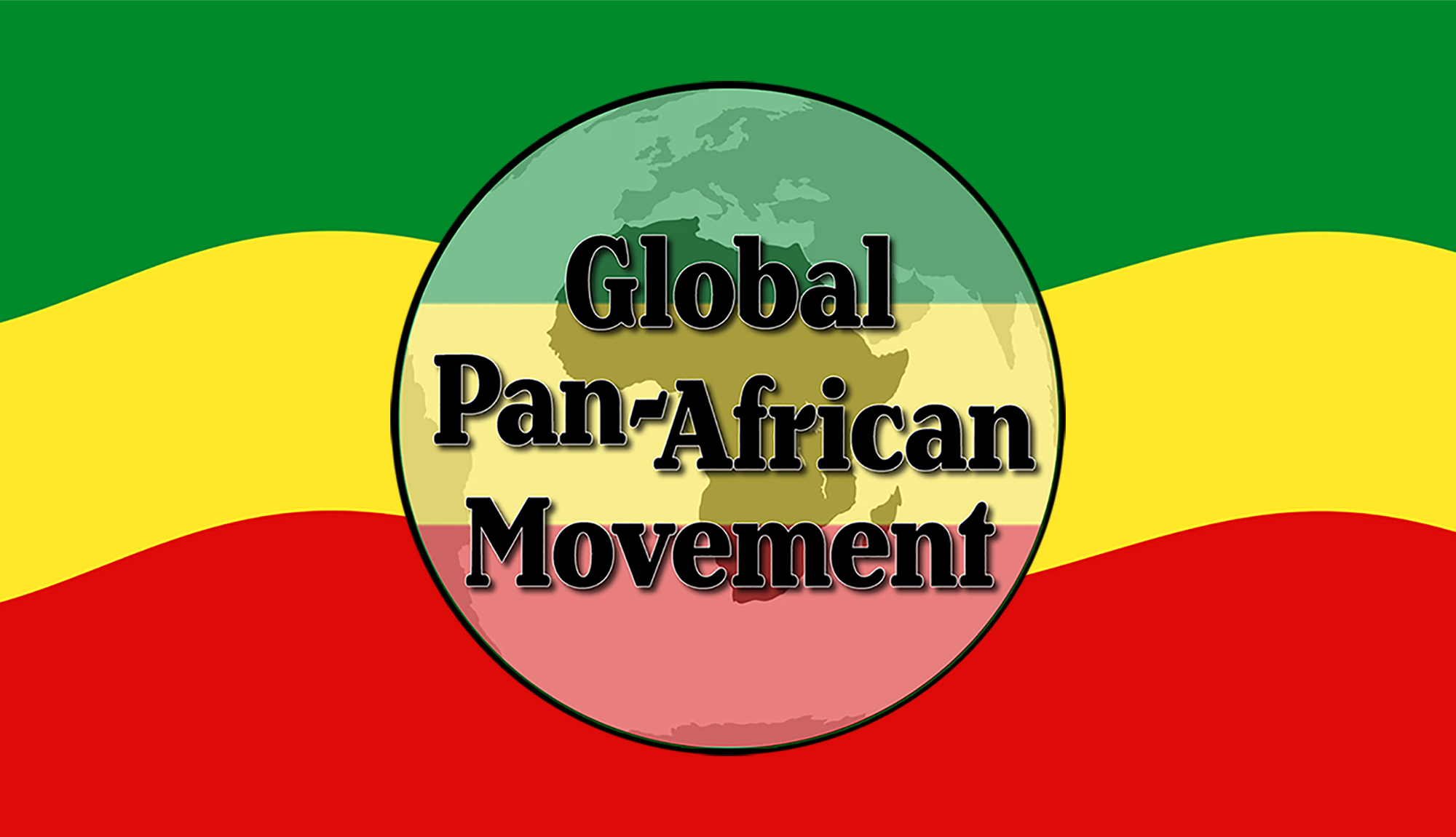7th PAC Resolution
The ‘Key Link’ – Some London Notes Towards the 7th Pan-African Congress
B.F. Bankie (In Globalising Africans – Towards the 7th Pan-African Congress. A Collection of Letters, Minutes, Notes, Reports and other Papers – (ed.) B.F. Bankie (Centre for Advanced Studies of African Society; Cape Town, South Africa; 2001)
W.E.B. Du Bois said in 1923, as his justification for the Third Pan-African Congress, that the Congress Series had “kept an idea alive; we have held a great ideal, we have established a continuity and some day when unity and cooperation come, the importance of these early steps will be recognized.1”
No serious student of African affairs would deny that the Pan-African Congress Series has represented the highest expression of the African liberation ideal. Although their occurrence has been irregular and spontaneous, they have been the yardstick and the benchmark of the African agenda for Africans both within and without the Continent.
At various times there have been practical organisational manifestations of the Pan-African project – there were the Congresses themselves, which gave way to the Organisation of African Unity (OAU), the Economic Community of West African States (ECOWAS), the Lagos Plan of Action, the Southern African Development Coordinating Conference (SADCC), the Preferential Trade Area (PTA) and we are informed that the Economic Community of African States will be launched at Abuja, Nigeria at the OAU Heads of State Summit next year.2
W.E.B. Du Bois was named by George Padmore, that other great contemporary Pan-African figure, as the ‘father of Pan-Africanism’. Both of these men were the principal advisors on African affairs to the late Head of State of Ghana, Kwame Nkrumah who did more than any other African leader to bring into being the OAU despite hostility from most of Africa’s then leaders, even some who later styled themselves as progressives. The Charter of the OAU was constructed to achieve continentalism (the unity of the Africa continent) as distinct from Pan-Africanism (the unity of all people of African descent), which had been the original objective of Du Bois, Padmore and Nkrumah. It was this dedication to continentalism, which represented the abandonment of the original Pan-African agenda, which had slavery as part of its gestation, which rendered the Charter fatally flawed from its inception, which is the root cause of Africa’s marginalization today, and the catastrophe the continent faces tomorrow. This text advances the thesis that only the key linkage of those in the diaspora with those in the Continent, on the basis of mutual respect and cooperation towards African unity, can faithfully implement the ideal of the Pan-African Congress Series.3
We do not have to look far to establish that the original conception of Pan-Africanism evolved from the meeting of minds of those from the continent with those from the diaspora. The Preparatory Meeting of the Pan-African Congress of 1900 was held in London on 12th June 1899 and was attended by, amongst others, Mr. M. Agbebi (Nigeria), Tengu Jabavu (South Africa) and Booker T. Washington (USA).4
The Universal Negro Improvement Association (UNIA) of Marcus Garvey, with its aspiration to ‘return to Africa’, was a populist manifestation of the link of the diaspora with Africa. The mix of the diaspora with the continent was manifest at all the Pan-African Congresses. The 6th Pan-African Congress held in Dar-es-Salaam in 1974 was convened by a Caribbeaner.
It was resolved at the 6th Pan-African Congress that the 7th Congress should be held in a liberated territory (e.g., Angola, Mozambique, Namibia or South Africa). The Convenor of the 7th Pan-African congress, the Nigerian artist and writer Naiwu Osahon5 , is working with persons from within Africa as well as African-Americans, Caribbeaners, Anglo-Africans, etc. to bring about the 7th Congress.

